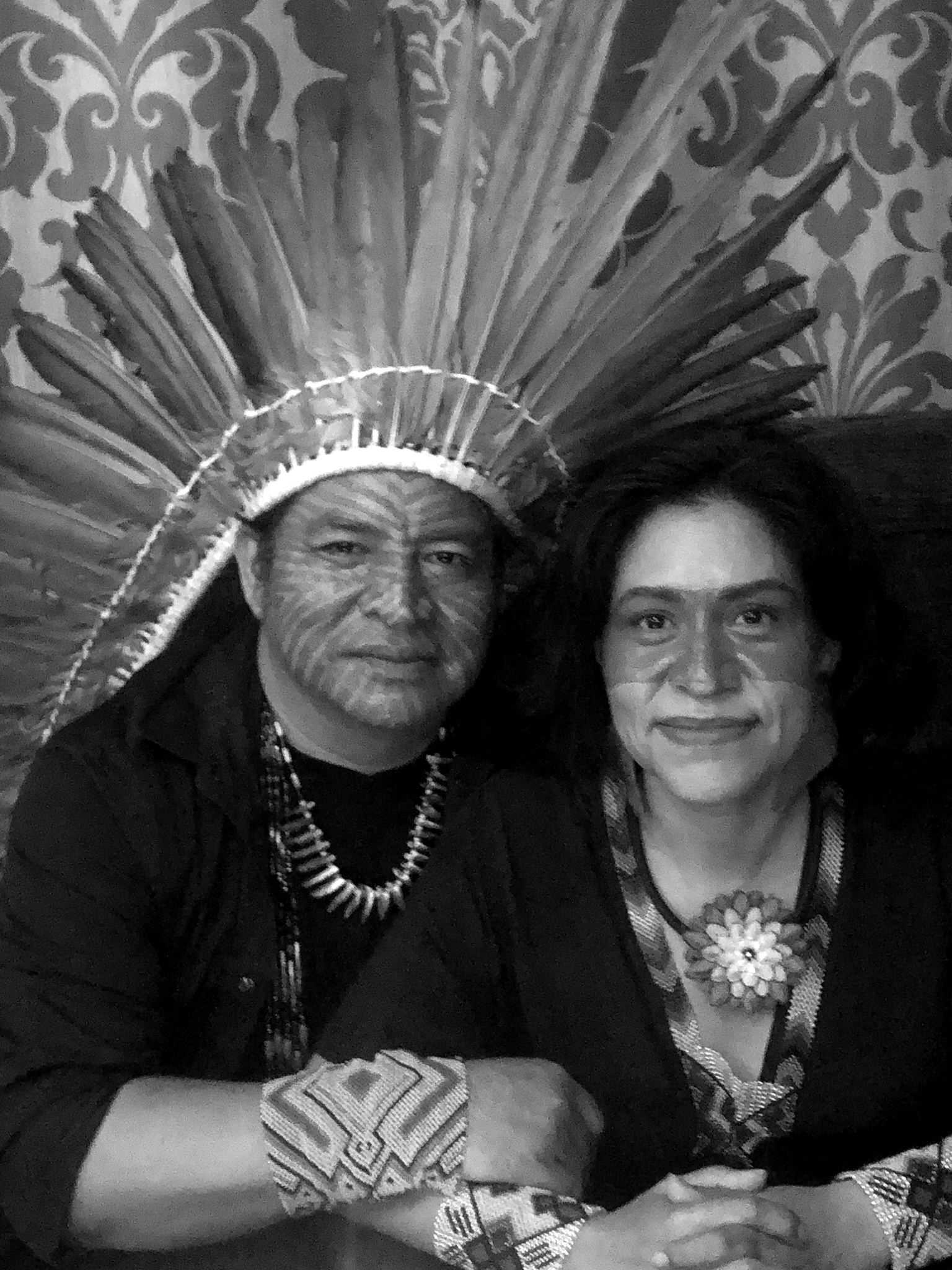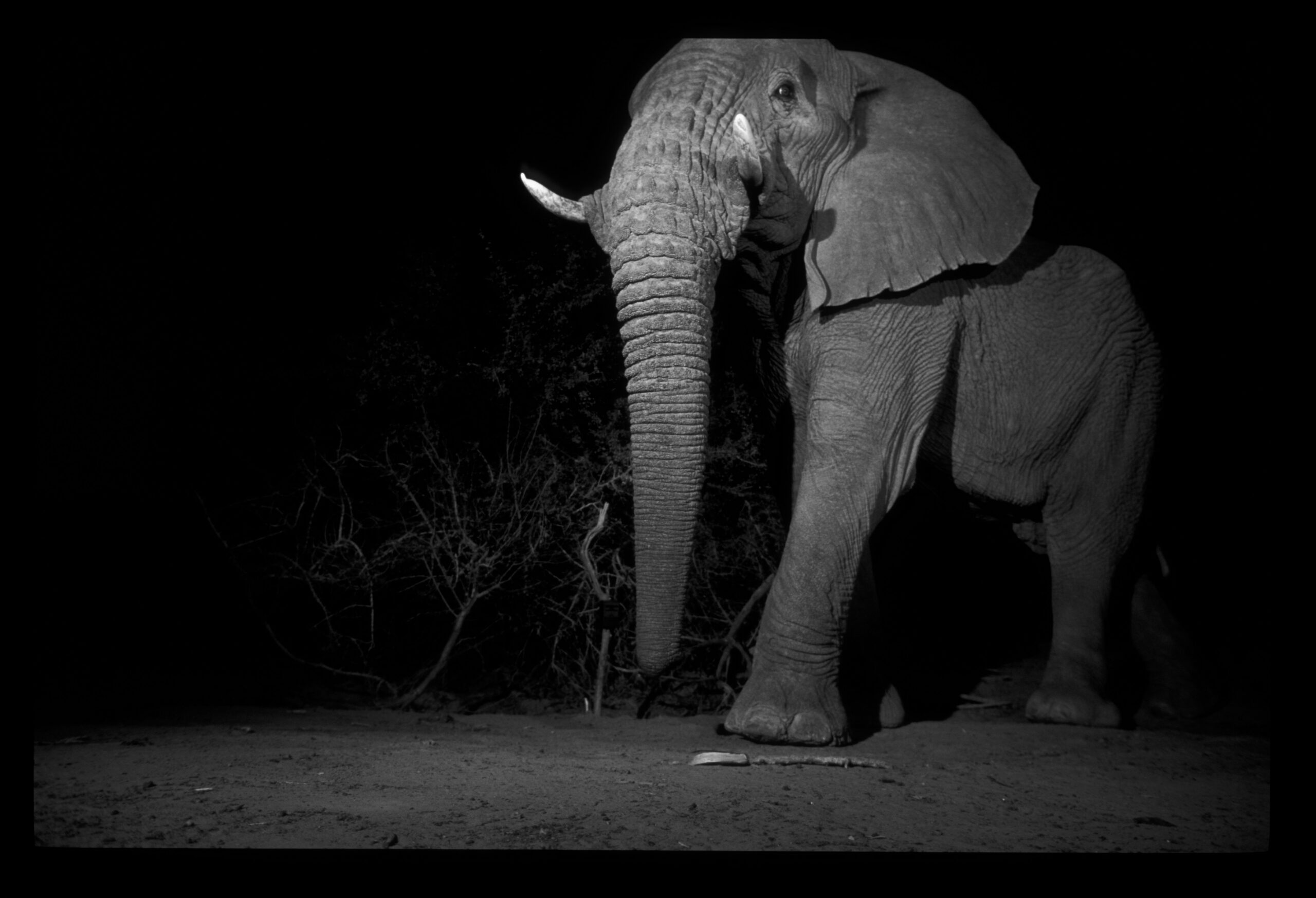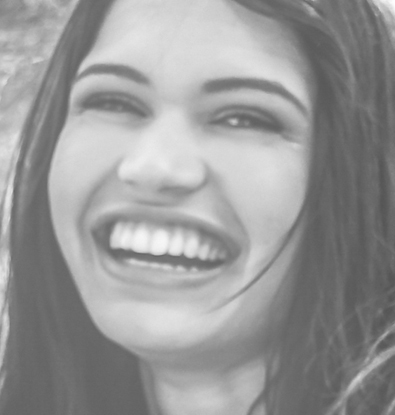A Young Person’s Reflection On Wilderness, And How We Can All Help Protect It
Written by:
Ray Bryant, Creative Writing Student at Virginia Commonwealth University
“Never doubt that a small group of thoughtful, committed, citizens can change the world. Indeed, it is the only thing that ever has.” – Margaret Mead
When you wake up in the morning, what’s the first thing you see? When I wake up, it’s usually the bright light of my phone screen, sounding the alarm that it’s time to start a new day. For some people, they wake to the sounds of birds, maybe even a rooster. For others, it’s the sun beating down on their face. I wish I was one of those people who woke up to the sounds of birds and the new morning illuminating my room. But instead, I wake up in a dark room, angled just right to not catch the sun’s light, to the sounds of alarms and garbage trucks.
There was once a time I did have this experience. You would never guess I found my best sleep in a tent on the hard cold ground in Namibia. I never slept in the same place twice. For a week we were on the move, new ground every day but the same stars every night. These moments are forever ingrained into my mind. I made memories and formed bonds I could never recreate. I can only thank one thing for this once-in-a-lifetime experience, and that’s the wilderness.
The wilderness is described as “an uncultivated, uninhabited, and inhospitable region.” Uncultivated? Yes. Uninhabited? No. In fact, many Indigenous tribes and peoples live in harmony with the wilderness. Inhospitable? Absolutely wrong. Wilderness is everywhere. It is all the land with little to no human activity or modifications. It is the most natural beauty you would be so lucky to experience. Most of us have; We just don’t know it. For many, when they think wilderness, they think of deep thick jungles with wild tigers and animals ready for you to be their next meal around every corner. Wilderness can be anywhere. It can be a small beach off the coast or a mountain as high as your eyes can follow. We have all experienced a little wilderness from time to time.
Some people have gone on safari through Africa, backpacking through Europe, and so on. Many of them say the same thing, it was life-changing. Nature has a way of changing us, reminding us of our roots as human beings. It is a place of equal footing, breaking us down to the bone and reminding us what it means to be alive. Nature does not care if you are a truck driver, a lawyer, or a politician. To nature, you are a human being. We are not exempt from nature and the ways of the wild just because of our forced separation from it. Nature, the wild, and the Earth have a way of reminding us we are only human, but in a beautiful way.
When I first saw the new images released from the James Webb telescope, I was ecstatic. I was sitting in my room in my apartment in the city. People yelled and shouted at one another in the alleyway and cars raced down the streets, but I didn’t care. I had something far better. Stars, galaxies, and planets are all thousands of lightyears away in one picture. It makes me realize how small we are. Sometimes, we focus too much on the next steps for humanity beyond our planet that we forget the steps we have yet to take here on Earth. We are ready to jump across the abyss of the unknown without knowing how far it is across. If we jump now, we may have nothing to return to. If humanity wants to survive to the point to be able to travel through the stars, we need a place to start. We need our wilderness, our foundation. If our wilderness crumbles, we crumble. The wilderness is our home.
Home. When our home is dirty, we clean it. When something is wrong with our walls, foundation, plumbing, etc. we fix it. Why not treat this planet as our home with walls and a ceiling? The environment is simply like our living rooms, our kitchens, and even our bathrooms. Without those things in a house, you can’t live there. Without our wilderness, we can’t live here. And if we can’t live here, where can we go?
Some nights I walk out into the hustle and bustle in the city of Richmond, Virginia. I look up at the sky ready to see the great black emptiness sprinkled in little white and yellow flakes of stars and planets beyond. I want to see what the James Webb telescope can see. I want to see the stars and the Milky Way. But instead, I’m met with the ominous smog that coats this city like a blanket. Down on eye level, there’s no grass or animals running free. I go to the James River to try and get something out of the nature left here, but the water is polluted and littered with trash. I know there is beauty left in this world. I know our planet is breaking piece by piece and I am simply observing. But, what can I do? I’m a 21-year-old college student who works part-time serving coffee; I’m not a genius. I can’t come up with a method to solve all the world’s problems. What good would I be? We think too hard about what we are incapable of. I may not be an environmental scientist but I am someone who cares about the wilderness and the future.
We have a problem. How did we get here? Lack of education? Lack of understanding? Lack of compassion? Maybe a little bit of all three. I wanted answers, these questions loomed over my head like a dark cloud. It’s so easy to get lost and become hopeless when you constantly think about the problems you were born into. The problems those of our past left behind for the future to deal with. When I get so caught up in these thoughts, I start to wonder if it is even worth caring about now. Mistakes have already been made. What differences will I make? But it’s not too late to start. To start acting, caring, and spreading awareness. I am aware of how that statement is easier said than it is done, but these small actions can lead to bigger and greater changes.
I wanted to know what I could do, I wanted to know that I could make some difference in this world. This is how I found WILD, which believes everyone has the capability to make a change. While volunteering with them as an intern I learned more than I could imagine about the wilderness and what we need to protect. WILD is aware that many young people like me feel hopeless and unmotivated to help our wilderness and environment. This is where CoalitionWILD’s EXCELerator program steps in. CoalitionWILD is a program of WILD that focuses specifically on young changemakers. The EXCELerator program is a 6-month course in which CoallitionWILD supports young people trying to make changes within their communities. The focus is on their ideas and CoalitionWILD provides the tools and resources needed for these youths to make the change they desire to see. The goal is to inspire and invest in change, and change is deeply needed. We need to protect at least Half of Earth’s lands and seas in time to halt climate change and mass extinction.
What does Half entail? Many scientists and environmental conservationists agree that in order to protect our wilderness and people alike we must protect 50% of the planet. Nature Needs Half is a coalition between scientists, nonprofits, officials, and conservationists alike from all over the world who fight to protect 50% of the planet and the wilderness on it, with values rooted in mutual communication, and respect for nature and Indigenous Peoples. It is important to protect nature’s biodiversity and wilderness. Science says the most effective way to act against mass extinction and climate change is to protect 50% of our planet. With over 1 million species projected to possibly go extinct in the next 50 years, protecting Half needs to be the goal. A goal we can achieve together.
I used to feel so helpless at times about my future; about our future. When I was in Namibia, I didn’t just create bonds and magical memories. I didn’t just see cheetahs running free and great plains of flora and fauna, I also saw what was being taken; what was being destroyed. And while living in the city, I see how little people care. I get caught up in thoughts of, What can any of us do? Then I realized- best thing to do is start small. We can all make a difference in our own communities. Our small communities are the foundation and helping them is the framework to build a better world for us and future generations. Many young people feel helpless and don’t know where to begin with environmental conservation. Conservation isn’t just about the environment, it’s about all of us. We can create a chain reaction. Once someone sees another in their community doing something, many may start to do the same. We can work together, combining our energies and strengths to make the type of change we need. To protect Half the planet, to encourage and support our youth; The reasons and motivations behind why are your own. You may not have the same motivation as me, but there is one instinct we all have in common: Survival. We all want to survive- it is one of our most basic instincts along with all life on this planet. Something needs to be done now, and I know we can do it together.
Read Next
You Can Help Bring Justice to the Biosphere and Save Life on Earth
WILD is linking people around the world with the effort to restore traditional lands to the Yawanawa People. And you can help!
Yes, You Actually Can Help Local Communities in West Africa & Slow Mass Extinction too!
Because of the Mali Elephant Project people are able to help restore and protect elephant habitat in an economically and ecologically challenging context
The Time to Act Was Yesterday
Encouraging and strengthening young conservation leaders is absolutely essential if we are to achieve a just and sustainable future. Learn more about CoalitionWILD – WILD’s young conservation leader network.



0 Comments